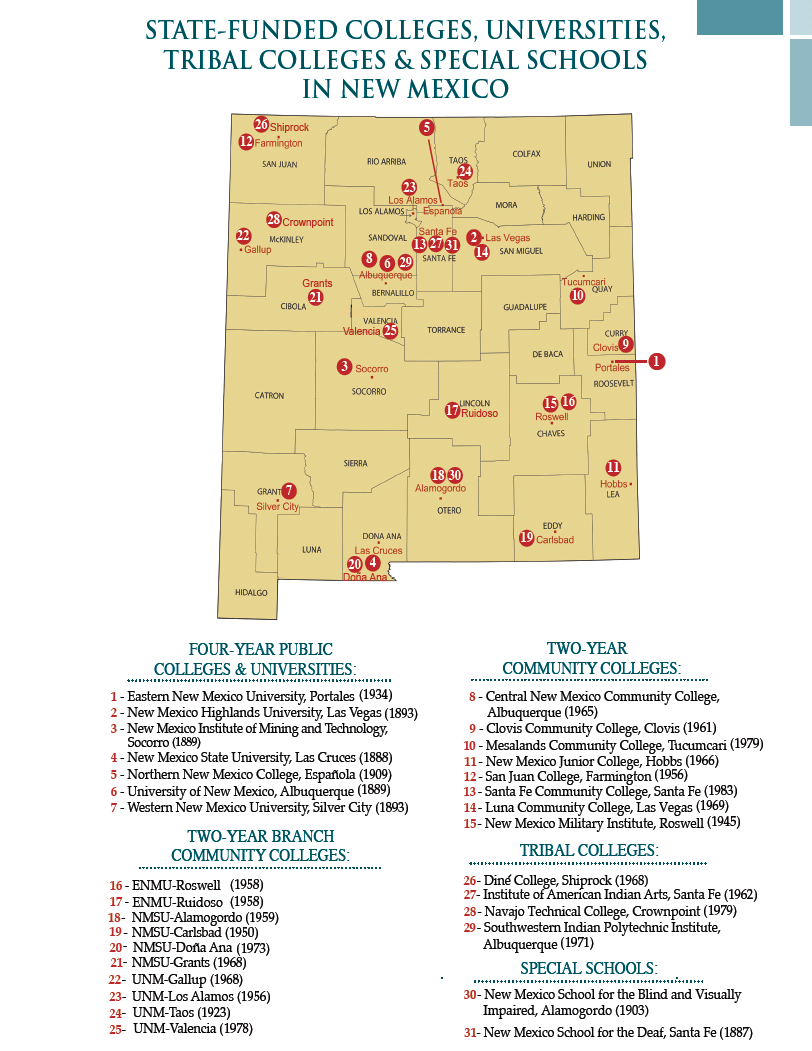
Things fall apart; the centre cannot hold – William Butler Yeats
New Mexico’s budget is in crisis, and like a mushroom, the public is being kept in the dark and fed manure.
The Rio Grande Foundation has been out in front on the budget issue, discussing it since the 2016 legislative session concluded. We have applauded Gov. Susana Martinez for pledging not to raise taxes and have put forth a variety of budget cuts that would more than fill the current $600 million deficit.
Unfortunately, rather than having an open and honest discussion about the difficult decisions facing our state, both sides seem more content to sling mud and bury their heads in the sand.
The reality is that New Mexico government is far too big. We can’t afford it. According to Ballotpedia, the state spent $8,197 per person in 2015. Neighboring Texas spent $4,098, about half of New Mexico’s total. New Mexico’s spending far outpaced each of our neighbors, even Colorado – the latest “purple-state” model for some New Mexico liberals – which spent $6,048 per person.
So there is room to cut, and kudos to Martinez for demanding those cuts. It sure beats Democrats’ blanket statements that K-12 and higher education (57 percent of the budget) are “off the table.” But it is now time for specifics from all sides. The governor, House Republicans, Senate Democrats and the various liberal and conservative interest groups should be plotting a path forward. After all, we are all in this together. It is time for a serious discussion about the forward part.
The Rio Grande Foundation has a detailed plan. It is available at our website for all to see. It includes things that Democrats might like, including legalizing and taxing marijuana sales, eliminating corporate welfare programs and addressing athletic department subsidies.
Our plan also includes things Republicans might like, including cutting K-12 spending, especially on administration, reducing the proliferation of branch campuses in higher education and eliminating film subsidies.
Solving the current budget situation is only the start. It is imperative we get our economy moving by developing a strong private sector (free of government subsidies). As Jobs Council consultant Mark Lautman said recently, “New Mexico is on the precipice of an economic death spiral as long as it continues conducting business as usual.”
He may be referring at least in part to the $778 million tab New Mexico taxpayers face for Medicaid expansion over the next five years. If New Mexico is going to pay for that, we need to get our economy moving, and fast.
Adopting a “right to work” law, deregulating our economy, reforming our tax code and completely revamping our education system are all essential tasks in the next year or two.
Consider solving New Mexico’s current budget deficit a mere dress rehearsal for the monumental reform effort needed in the years ahead. To that end, the policymaker or group of policymakers that does the best job of selling their reform vision to the people of this state will have a headstart in winning the day as we move forward.
Gessing is the president of New Mexico’s Rio Grande Foundation — an independent, nonpartisan, tax-exempt research and educational organization dedicated to “promoting prosperity for New Mexico based on principles of limited government, economic freedom and individual responsibility.”



































